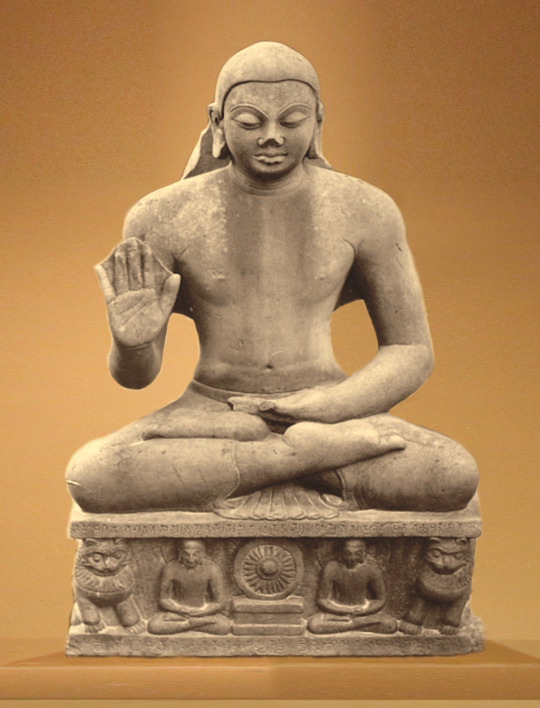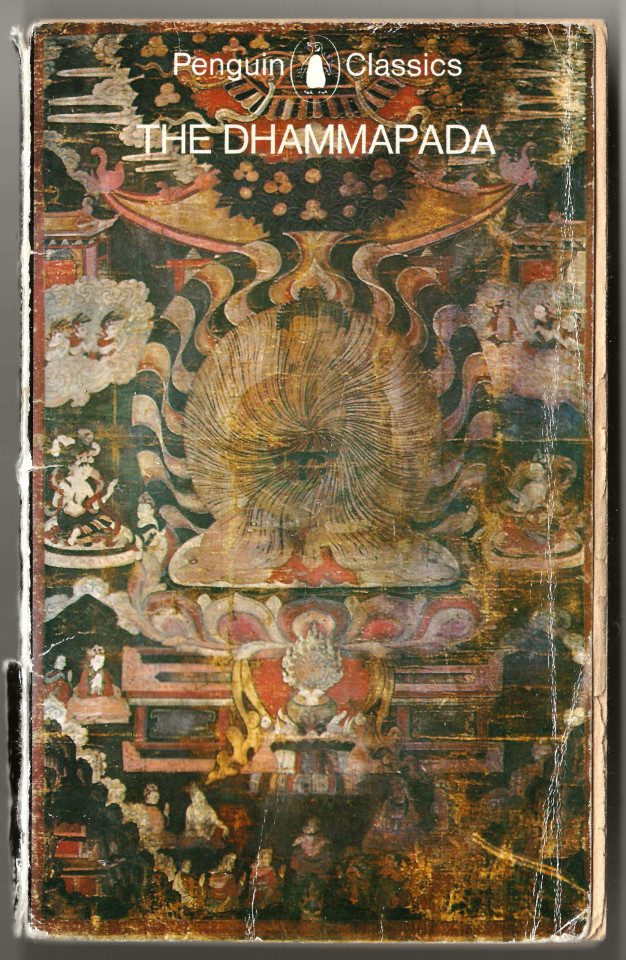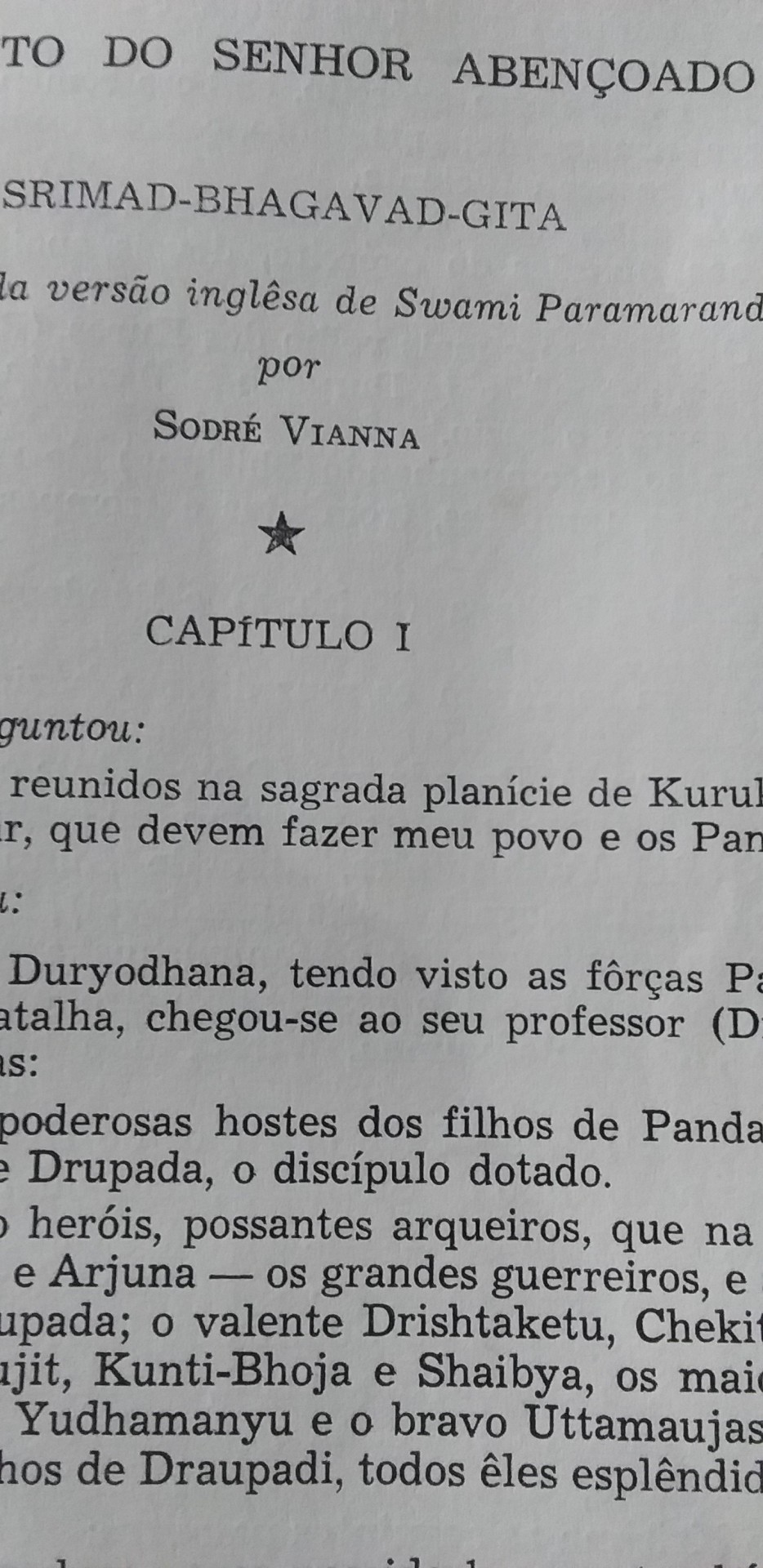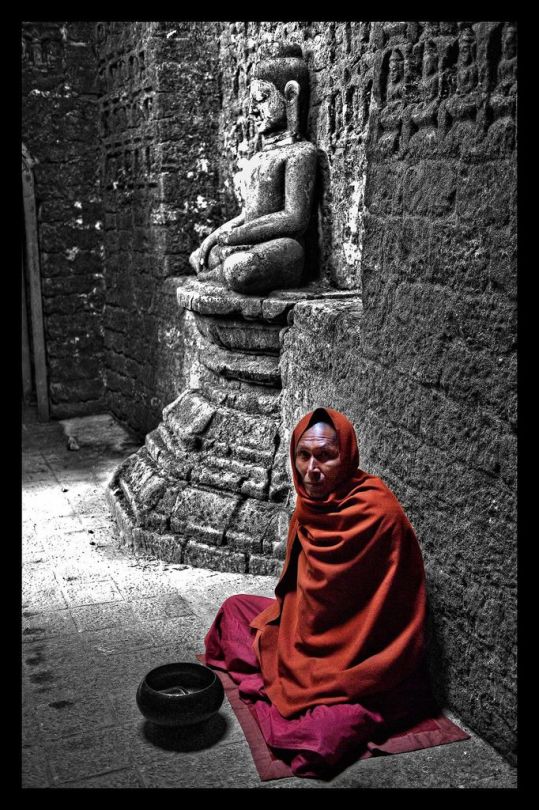#dhammapada
Text
Your worst enemy cannot harm you as much as your own thoughts, unguarded.
-Buddha
#dhammapada#buddha#quote#peace#calm#stillness#life#wisdom#inner peace#love#happiness#spiritual#buddhist#buddhism
714 notes
·
View notes
Text
Lo que somos hoy procede de nuestros pensamientos de ayer y nuestros pensamientos presentes forjan nuestra vida de mañana: nuestra vida es la creación de nuestros pensamientos.
Anónimo, Dhammapada
#dhammapada#traductor: carlos manzano#budismo#libros#citas de libros#frases de libros#pensamientos#presente#futuro
273 notes
·
View notes
Text

One day, a young student approached the Buddha and asked him to teach him about the nature of reality.
The Buddha led the student to a nearby river and pointed to the water rushing by.
"Do you see that water?" he asked.
"It's constantly moving, always changing. It flows downstream, never staying in one place for long. This is the nature of reality - it's constantly changing, always in motion."
The student nodded, understanding what the Buddha was trying to teach him.
Buddha continued, "Just like the water flows downstream, so too do our thoughts and emotions. They come and go, never staying in one place for long. But if we learn to let them flow, if we learn to let go of our attachments and desires, we can find peace and freedom within."
The student took the Buddha's words to heart, and he made a commitment to practice mindfulness and non-attachment in his daily life. And as he practiced, he began to experience a sense of peace and freedom that he had never known before.
#buddha#buddhist#buddhism#dharma#sangha#mahayana#zen#milarepa#tibetan buddhism#thich nhat hanh#dhammapada#karma#mindfulness#dakini#four noble truths#pure land#equanimity#avalokitesvara#manjushri#enlightenedconsciousness#tsongkhapa#padmasambhava#shantideva#heart sutra#bodhisattva#meditation#medicine buddha#diamond sutra#atisha#amitaba buddha
658 notes
·
View notes
Text

Many a birth have I wandered
in samsāra, vainly seeking
the builder of this house
123 notes
·
View notes
Text
Dhammapada 362
He who controls his hand, he who controls his feet, he who controls his speech, he who is well controlled, he who delights inwardly, who is collected, who is solitary and content, him they call Bhikshu.

9 notes
·
View notes
Text

Dhammapada, Jaravagga: Aging (tr. Thanissaro)
22 notes
·
View notes
Text
122. Think not lightly of good, saying, "It will not come to me." Drop by drop is the water pot filled. Likewise, the wise man, gathering it little by little, fills himself with good.
IX. Evil
57 notes
·
View notes
Text

The Dhammapada, the collected sayings of the Buddha, with a Germano Facetti cover featuring a Tanka painting of the Buddha in Meditation.
9 notes
·
View notes
Text
Make Your Own Buddhist Sutra Book
Lately I’ve been talking a lot about home Buddhist practice, including home Buddhist services and such. These are things that devour lay-Buddhists often do (myself included), but then I realized I never talked about making one’s own sutra book.
There are a couple reasons why one might make their own…

View On WordPress
5 notes
·
View notes
Text





4 notes
·
View notes
Text
One way leads to wealth and fame,
The other to the end of the way.
-Dhammapada
#dhammapada#buddha#quote#peace#calm#stillness#life#wisdom#inner peace#love#happiness#spiritual#buddhism#buddhist#enlightenment
22 notes
·
View notes
Text
Se dice que en cierta ocasión un militar emprendió un largo viaje para ver a un discípulo de Buda y preguntó si le podía enseñar el mensaje de Buda. La respuesta fue esta: «No hagas el mal. Haz el bien. Mantén puros tus pensamientos. Esa es la enseñanza de Buda». — «¿Eso es todo?», dijo el militar. «Cualquier niño de cinco años lo sabe.» — «Puede que sí, pero pocos hombres de ochenta años saben practicarlo», fue la respuesta que recibió.
Juan Mascaró, Introducción de Dhammapada
71 notes
·
View notes
Text

One day, a Zen master was meditating in his garden when he was interrupted by a loud, persistent meowing.
He opened his eyes to see a cat sitting in front of him, looking up at him with pleading eyes.
The Zen master realized that the cat was hungry, so he reached for a bowl of milk and placed it in front of the cat.
As the cat began to drink, he resumed his meditation.
A few minutes later, the meowing resumed, even louder and more insistent than before. The Zen master opened his eyes again and saw that the cat was still sitting in front of him, looking up at him with pleading eyes.
He realized that the cat was still hungry, so he reached for another bowl of milk and placed it in front of the cat. The cat gratefully drank the milk and then curled up at the Zen master's feet, purring contentedly.
The Zen master resumed his meditation, and this time, the meowing did not return. As he meditated, the Zen master reflected on the lesson he had learned from the cat: that sometimes, the most persistent and persistent problems can be solved with simple acts of kindness and compassion.
#buddha#buddhist#buddhism#dharma#sangha#mahayana#zen#milarepa#tibetan buddhism#thich nhat hanh#dhammapada#karma#mindfulness#dakini#four noble truths#pure land#equanimity#avalokitesvara#manjushri#enlightenedconsciousness#tsongkhapa#padmasambhava#atisha#amitaba buddha#samsara#heart sutra#diamond sutra#bodhisattva#meditation#medicine buddha
266 notes
·
View notes
Photo

The Quest for Buddhism (62)
The Dhammapada – Word of Truth - Part 3 [So far]
Origins of Suffering
According to Buddhist teachings, such human suffering is ultimately due to human kleshas.
Kleshas in Buddhism, are mental states that cloud the mind and manifest in unwholesome actions. Kleshas include states of mind such as anxiety, fear, anger, jealousy, desire, depression, etc.
In particular, the three fundamental kleshas are greed [attachment], aversion [anger] and stupidity [ignorance]. They are based on human beings' underlying delusions.
"Attachment spreads like a vine to those who behave as they want. They wander from this world to the other, like monkeys in the forest searching for berries."- Buddha (Dhammapada 334)
While constantly acting out, giving rise to Kleshas (worldly desires) such as greed and anger, human beings are conceited, think that only they are right and do not reflect. This is called ignorance.
“If a fool thinks himself to be a fool, then he is a wise man. He who is a fool and yet thinks himself wise is said to be a fool."- Buddha (Dhammapada 63)
As long as we remain submerged in the mire of captivity, human suffering will continue endlessly [*commentary on the above photo meme].

仏教の探求 (62)
ダンマパダ〜真理のことば・その3(これまで)
苦しみの成り立ち
仏教の教えによれば、このような人間の苦悩は、つまるところ、人間の煩悩 (梵:クレシャ)によるのであるという。
仏教における「煩悩 (梵:クレシャ)」とは、心を曇らせ、不健全な行動を引き起こす精神状態のこと。クレシャには、不安、恐怖、怒り、嫉妬、欲望、憂鬱などの心の状態が含まれる。
特に根本的な三つの煩悩は、貪り[貧(とん)]と怒り[瞋(しん)]と愚かさ[痴(ち)]である。そしてそれらは、人間の根底にある妄執にもとづいているのである。
“恣(ほしいまま)のふるまいをする人には愛執が蔓草のように蔓延る。恣(ほしいまま)のふるまいをする人には愛執が蔓草のように蔓延る。林の中で猿が果実を探し求めるように、(この世からあの世へと)あちこちさまよう。”ーブッダ(ダンマパダ 334)
むさぼりや怒りのような煩悩を生じて常に行動しながら、人間はおごり高ぶり、自分のみ正しいと考え、反省しない。これを愚かさという。
“もしも愚者がみずから愚であると考えれば、すなわち賢者である。愚者でありながら、しかもみずから賢者だと思う者こそ、「愚者」だと言われる。” ーブッダ(ダンマパダ 63)
とらわれの泥沼に沈みこんでいるかぎり、人間の苦悩は果てしなく続いていく。”眠れない人には夜は長く、疲れた人には一里の道は遠い。正しい真理を知らない愚かな者どもには、生死の道のりは長い。”ーブッダ(ダンマパダ 60)
#dhammapada#buddhism#buddha#buddha dharma#three poisons#klesha#ignorance#suffering#origin of suffering#philosophy#nature#art
116 notes
·
View notes
Text
Dhammapada 360, 361
Restraint in the eye is good, good is restraint in the ear, in the nose restraint is good, good is restraint in the tongue.
In the body restraint is good, good is restraint in speech, in thought restraint is good, good is restraint in all things.
A Bhikshu, restrained in all things, is freed from all pain.

8 notes
·
View notes
Text
"Sandalwood, tagara,
lotus, & jasmine:
Among these scents,
the scent of virtue
is unsurpassed."
- Dhammapada 55, trans. Thanissaro Bhikkhu
#dhammapada#dhamma#buddhist#buddhism#theravada buddhism#theravada#religion#philosophy#meditation#mahayana
2 notes
·
View notes